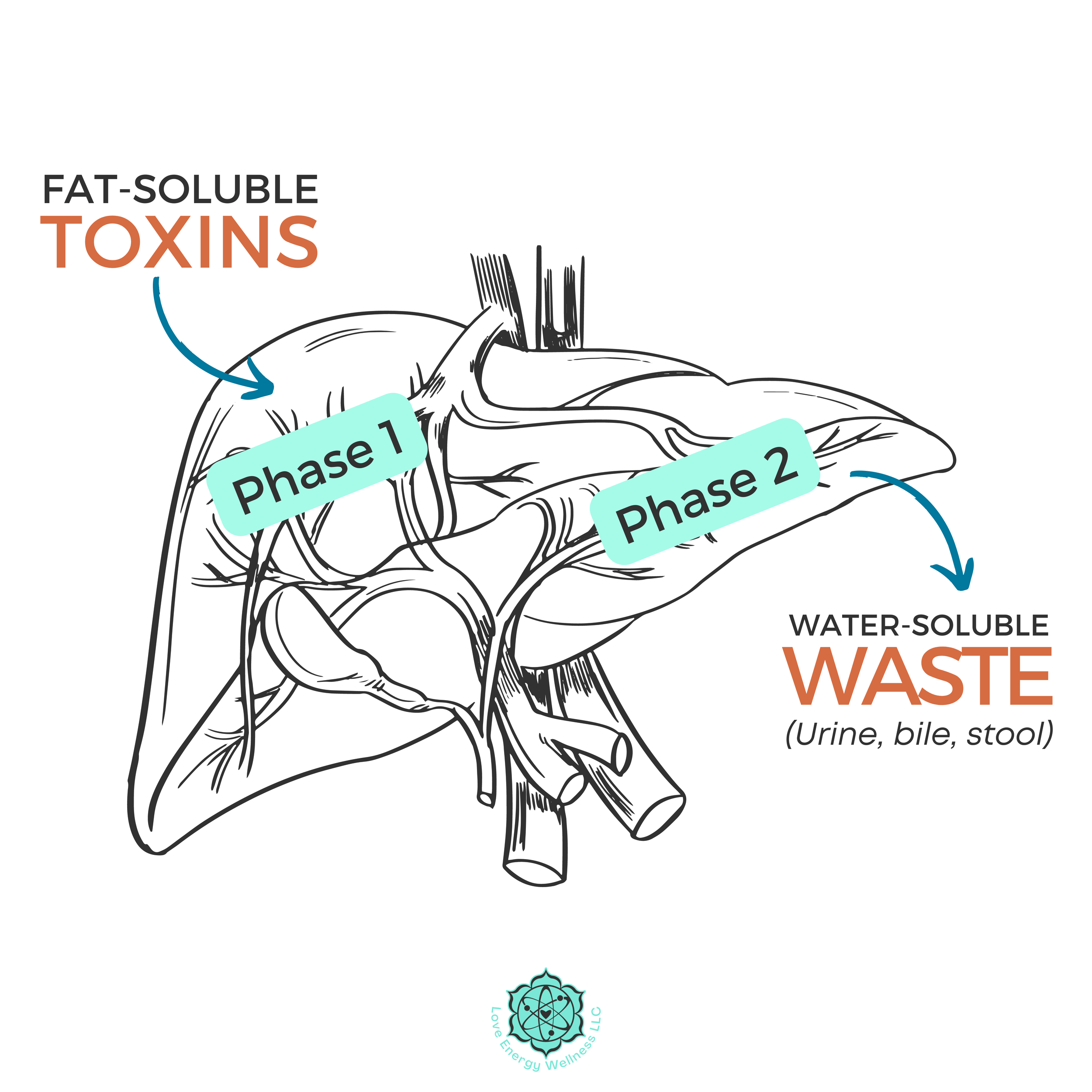Not having the right chemistry in your new business is like a new economy airline not knowing they need high octane jet fuel to actually get the plane off the ground.
Why Most Businesses Fail
According to the Bureau of Labor statistics, about 20% of new businesses fail in their first year, and 50% of new businesses fail by their fifth year. A few major factors are their inability to be competitive, to stand out with value, and to have unwavering confidence in their success. Successful entrepreneurs know they need to have a proven advantage to gain momentum and stand out in today’s noisy and saturated marketplace.
All the moving parts required for a successful business can be overwhelming in and of itself, not to mention getting in our own way. As Integrative Health Practitioners, it can be easy to fall into damaging thinking patterns like:
“Do I have what it takes to be a successful entrepreneur?”
“Do I actually know what I’m talking about to help others live healthier lives?”
“I could NEVER go live on my Instagram, that’s too scary.”
“I feel like I haven't learned enough to help people yet.”
“I need this other certification before I can start.”
Does any of this sound familiar to you? Thoughts are energy, and if that’s the energy you’re projecting out from your new business, how will that be received by prospects? What would you hope to gain from staying in that energy? Staying safe in your comfort zone is one answer. More on that in a moment.
Of course we will never learn all there is to know in a vast and endless universe, but what we often forget is that we know so much more than we realize and are already well equipped to be of service to humanity with our skills and unique gifts.
And yet, we can still catch that inner voice constantly doubting ourselves and keeping us stuck in a holding pattern. Why is that?
You were programmed as a child
The answer lies in neuroscience, and here’s one reason why. Starting from childhood, primarily from birth to age seven, children are in a constant learning brainwave state called Theta (4-8 Hz), similar to a state of deep meditation. This is when we begin to take in information and stories, much like a computer download from our environment such as parents, families, teachers, doctors, and other authority figures we look up to. We hear stories about who we are, how we should be, what’s possible, and how the world works. When it comes right down to it, EVERYTHING is just a made up story in our minds. EVERYTHING.
Money Mindset and the Plastic Brain
Most people want more money so let’s use some common money stories for instance. I’m sure you’ve heard the saying “money doesn’t grow on trees” or “we can’t afford that”. Now let me ask you this: have you ever paused to consider what these indoctrinated beliefs and money stories have been costing you for years or decades? The answer could be in the millions!
The truth is, these types of limiting beliefs, if repeated enough, begin to create neural “pathways” in the brain, much like animals taking the same path through a field. The thoughts are literally wiring new electrical pathways, pathways of least resistance as they become stronger with each recurring thought.
Eventually, the brain doesn’t even consider other options – it recognizes the path that’s there, the one with the least resistance and doesn’t think twice about it. The brain is an amazing tool of automation for energy conservation, safety, and survival. The good news is something known in science as neuroplasticity. The brain is malleable like plastic and can be rewired.
Research demonstrates that 90% of our day is automated by our dominant level of consciousness, which operates on those programmed beliefs.
This is why you can take all the coaching programs you want, but unless you’re strategically rewiring those neural pathways towards what you want, your mind will always revert back to the old and familiar patterns of thinking because the brain loves the familiar and it loves predictability.
How can you strategically rewire your neural pathways?
Programs such as our unique NeuroTrust Method can help. TRUST is an acronym for Transformational Reprogramming for Unlimited Success Technique. At the core of this proven method is clinical hypnosis, which can safely and quickly bring you your model of success. It’s truly life changing and a much more effective technique than traditional single-session hypnosis methods.
Confirmation Bias
Confirmation bias is the tendency of people to favor information that confirms their beliefs, hypotheses, and what they first learned about something.
Before you recall on your first impression of stage hypnosis used for entertainment, I’m not talking about someone clucking like a chicken, forgetting who they are, or magicians standing on a rigid assistant across two chairs, or even someone in a movie stuck in trance because their hypnotist died during the session.
Although stage hypnosis is a reality and sometimes hilarious, that’s not what we’re talking about here. You’re not alone; years ago, this was my first impression of hypnosis too!
First, let’s debunk any misconceptions with a conversation about what Clinical Hypnosis is NOT.
What hypnosis is NOT:
So then what is hypnosis?
You may have heard the saying that “All hypnosis is self hypnosis” but what exactly does that mean? It means the consulting hypnotist is not in control of the hypnotized client, only a guide on the journey through the process of teaching how to enter a heightened state of awareness and suggestibility and down from a conscious brainwave state called Beta (14-30 Hz) into that deep meditative Theta frequency we mentioned earlier. Basically, no one is in hypnosis unless they choose to be. Only then can the changes begin to occur at the subconscious level and achieve the desired results.
It is the purpose of the consulting Hypnotist to unlock the power of the subconscious mind to respond accordingly to the conscious mind thinking.
Is there actually efficacy in hypnosis?
Clinical Hypnosis is a scientifically proven, goal-oriented technique that involves the focus of one's attention and response to positive suggestions. It is a state of active, unconscious learning and heightened awareness when communication with the mind is elevated. In a moment, you’ll learn more about what the NeuroTrust Method can help with, but first let's dive into what hypnosis experience is like.
Hypnosis has been described as a pleasant combination of talk therapy and guided meditation that can create immediate and lasting results.
You’re probably wondering what the NeuroTrust Method feels like.
It feels:
Easy
Natural
Relaxing
Refreshing
Like daydreaming
Like creating something wonderful
Similar to the feeling of being immersed in a good movie
Like accessing the deeper subconscious mind
Like confidence and surety
Who uses hypnosis professionally?
Hypnosis has been used in professional athletics and became quite popular through the 1990s and early 2000s. Among the advantages, the application was used to restructure cognitive processes, improve response times, enhance performance, and reduce recovery time.
It's also remarkable how many celebrities and CEO’s have used hypnosis, some paying upwards of $25,000 for 2-hour sessions. This goes for many top executives, actors, directors, and producers who saw a return on their investment.
Another interesting application for hypnosis has been used to provide support for skills and improved focus, patience, and awareness to win professional poker World Championships. Talk about a win-win situation!
Of course there’s sometimes a dark side to such powerful methods. Some people have been known to use hypnosis unethically for persuasion and influence. It's even been theorized that some presidencies in the United States were won using hypnotic language and neurolinguistic programming (NLP) techniques.
As I mentioned earlier, my first experience with hypnosis was being in an audience at a comedy show and witnessing just how powerful it can be. I wont get into specifics but for years after, I vowed that I would never volunteer to be hypnotized.
Fast forward a couple decades when one of my coaches suggested that I use hypnosis to accelerate my progress and I voiced my objections citing those specifics. Being a former Army Ranger active on the front lines of the war in Somalia, he explained how undergoing hypnosis prior to a mission to stay laser focused on the outcome was the reason he was still alive to tell the story. So even the military special forces use hypnosis as a winning advantage.
What can The NeuroTrust Method help with in my life?
Research studies have proven that hypnosis can help with breakthroughs like:
Laser-like Focus and Clarity
Confidence and Self Esteem
Removing Self-sabotage behavior
Worthiness
Self-love
Healing
Inner peace
Pain relief
Racing thoughts and Anxiety
Personal performance
Public Speaking Confidence
Habit Transformation
Money mindset
Releasing Fears and phobias
Weight loss
Creating your future self (My favorite!)
And so much more!
How do I discover more about how hypnosis can help me specifically?
Let’s start with a conversation. Most people want to learn more about our ethical NeuroTrust Method before getting started, which is why I offer a 60 minute complimentary consultation to show you how the Transformational Reprogramming for Unlimited Success Technique can help you create whatever you want in life, and more importantly, to make sure that we’re a good fit to work together on your deep level transformation.
Now that you’re aware that the brain loves to know what’s next: When you enroll, sessions are typically 90 minutes in length, are virtual via Zoom, and always personalized to your unique goals.
Every 2 weeks for a predetermined duration specific to your goal, we’ll explore and uncover subconscious blocks that come in the form of fears, negative beliefs, and false programming about oneself, which can limit even a highly intelligent individual’s ability to achieve forward progress in their health coaching business. Remember, the brain is default-programmed for keeping you safe.
During a heightened state of suggestibility, we remap limited thinking into positive and healthy thoughts which reinforces healthy habits and new patterns of living the life you want to live!
Your main takeaways on this learning session:
Not having an advantage in business can lead to failure
Most of childhood is spent in a hypnotic state of learning limitations
We’re naturally wired to stay in our comfort zone
The subconscious runs 90% of your life
Research demonstrates that the mind can be reprogrammed
Clinical Hypnosis is safe and effective
Hypnosis is a powerful tool for personal and professional development
Will I get results?
Just like any successful program, if you’re committed, you show up and do the assigned homework, you’ll get the breakthrough results you’ve been looking for! If you’re the kind of person that wants that unfair advantage to get out of your own way and have the confidence you need for success, then you’re probably wondering what the next steps are.
Step 1: Book a 1-hour complimentary consultation.
Step 2: I provide you with a recommended package based on your goals.
Step 3: We work the process and you watch your life and your business transform!









